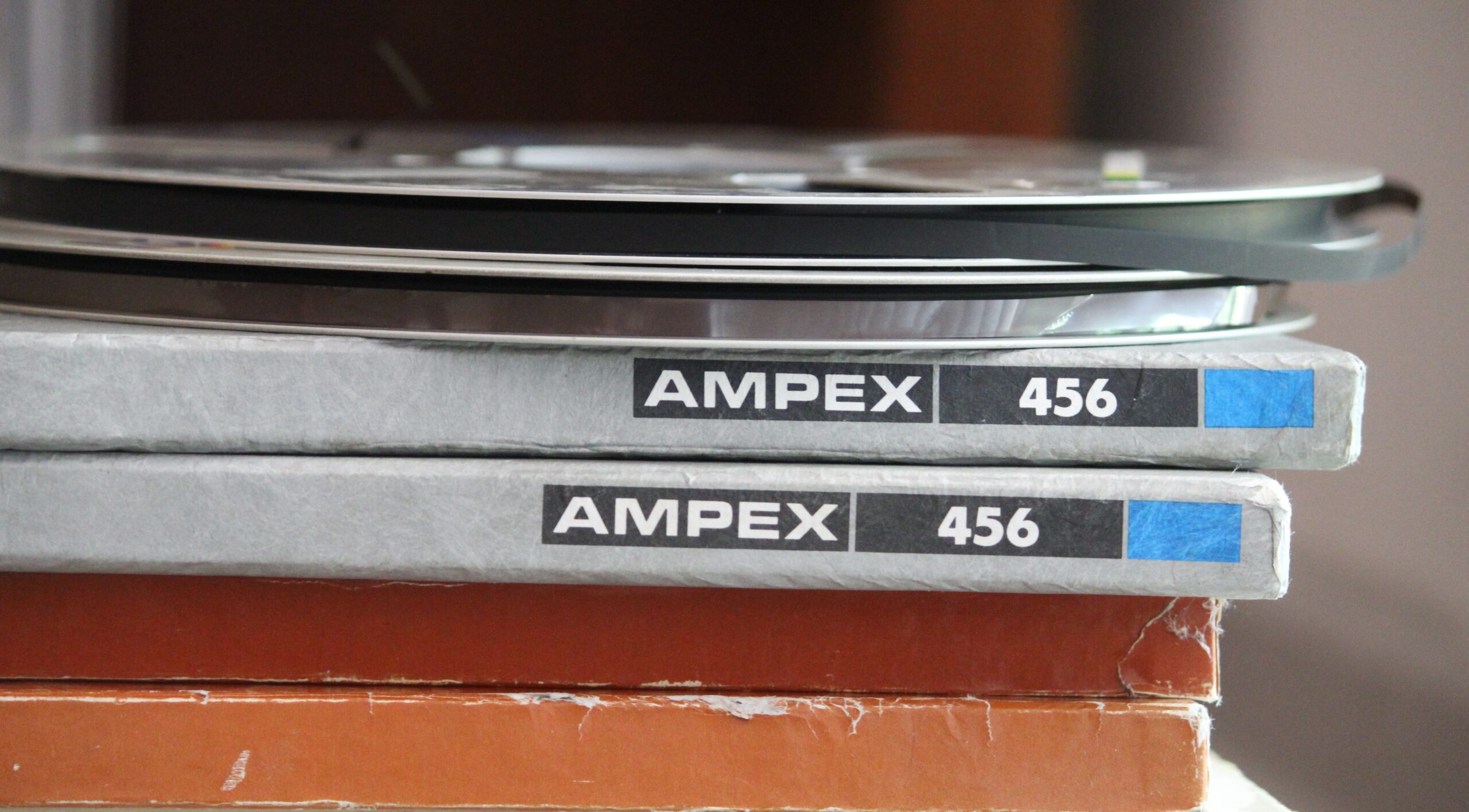University Of Georgia Works To Preserve Local Radio Broadcasts, Make Them More Accessible

The University of Georgia continues efforts to preserve and transcribe a collection of local radio broadcasts from the 20th century.
Emil Moffatt / WABE
The University of Georgia Libraries is continuing efforts to archive thousands of hours of local public radio news broadcasts from the last century.
It’s a labor-intensive process that sometimes only humans can do.
The broadcasts were submitted for the Peabody Awards, the prestigious honor that’s based at UGA. The tapes range from the 1940s to the 1990s.
Hours and hours of these local broadcasts have been transferred from their original format to digital. Now an effort is underway to transcribe them.
Mary Miller, an archivist with the Peabody Awards Collection, says some of that can be done by computer, but it’s not always perfect, and that’s where people come in.
“Just the amount of time it takes to correct these transcripts. If you have an hourlong radio broadcast, it’s going to take at least an hour to correct it. And so there’s a huge amount of human time involved in that,” said Miller.
UGA is hosting what they’re calling a virtual “transcriptahon” this Wednesday, where volunteers can lend their time and ears to making sure the written transcripts are accurate.
“Being able to crowdsource these transcripts means that we’re getting the little errors that the software makes, but a human wouldn’t, all fixed, so that they’re so much more valuable for researches and for people reading along with them,” said KC Carter, who has also been working on the archiving project for UGA’s Brown Media Archive.
The Peabody Awards’ executive director Jeffrey Jones says archiving these broadcasts can give historians a glimpse at how the country has evolved.
“What the Peabody collection very much shows is how national issues are lived and experienced and worked through at the local level,” said Jones.
And he says preserving these broadcasts in both audio and written form can help make them more readily accessible for everyone.








